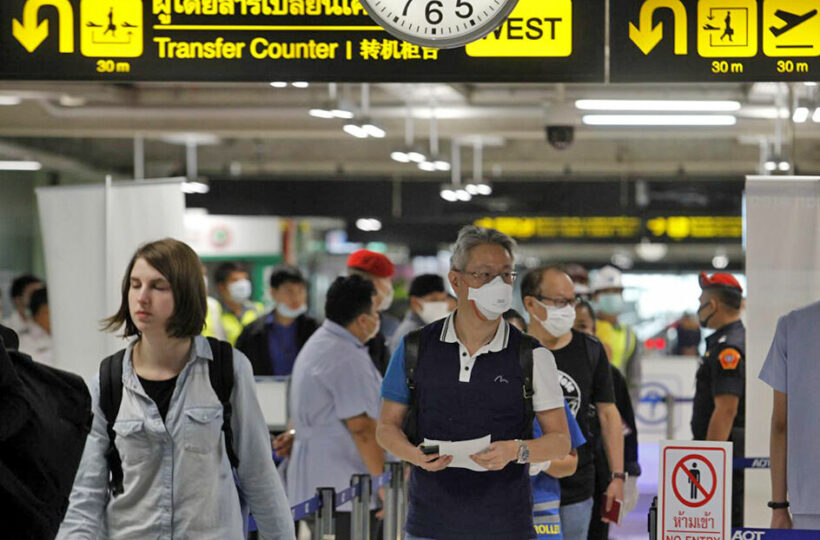More doubts over the introduction of the new Thai tourist arrival tax

Last week the Thai government announced that the new “tourism tax,” an arrival levy of 300 baht per person to provide compulsory insurance coverage, was on track for a Q4 introduction. It was announced that the airlines would collect the 300 baht from ALL foreigners entering Thailand, with no exemptions.
Now international airlines are joining a long line of opposition to the new 300 baht arrival tax, mainly because they don’t want to be responsible for the collection and they see it as another barrier to restarting flight schedules with the kingdom.
At one stage, earlier this year, the proposal was going to exclude expats and people living in Thailand with work permits. But problems with figuring out who would be exempt and who wouldn’t be, along with resistance from international airlines who were tasked with collecting the fees, are causing more delays.
There are also delays on how the Thai government will collect the tax from land and sea arrivals.
The fee was to provide automatic and compulsory insurance cover with 11.3% of the money going to pay for “limited medical insurance coverage” for foreign arrivals with a ceiling of 500,000 baht for 30 days after their arrival.
The government also announced last week that another 88.7% will go to a fund to be used to develop “foreign tourism infrastructure in the kingdom,” without any further clarification of what that would be.
With the next general election in the wind, and both airlines and Thai tourism stakeholders desperate to increase arrival numbers, the 300 baht tourism levy is hitting an area of increased turbulence.
International airlines have balked at demands from the Tourism and Sports Minister that they would have to provide full passenger lists no more than 15 minutes after the take off of inbound flights to Thailand, according to the Thai Examiner.
Thailand’s new privacy laws have also made the collection of passenger arrival data more legally opaque, and could be challenged by international airlines and passengers.
Many foreigners took to social media complaining that the new ‘tax’ was badly timed, that the insurance coverage shouldn’t be compulsory for people with existing coverage or local policies, and that work permits and long-term visa holders should be exempt.
The new levy is the equivalent of around US$8.00.
Latest Thailand News
Follow The Thaiger on Google News:


























